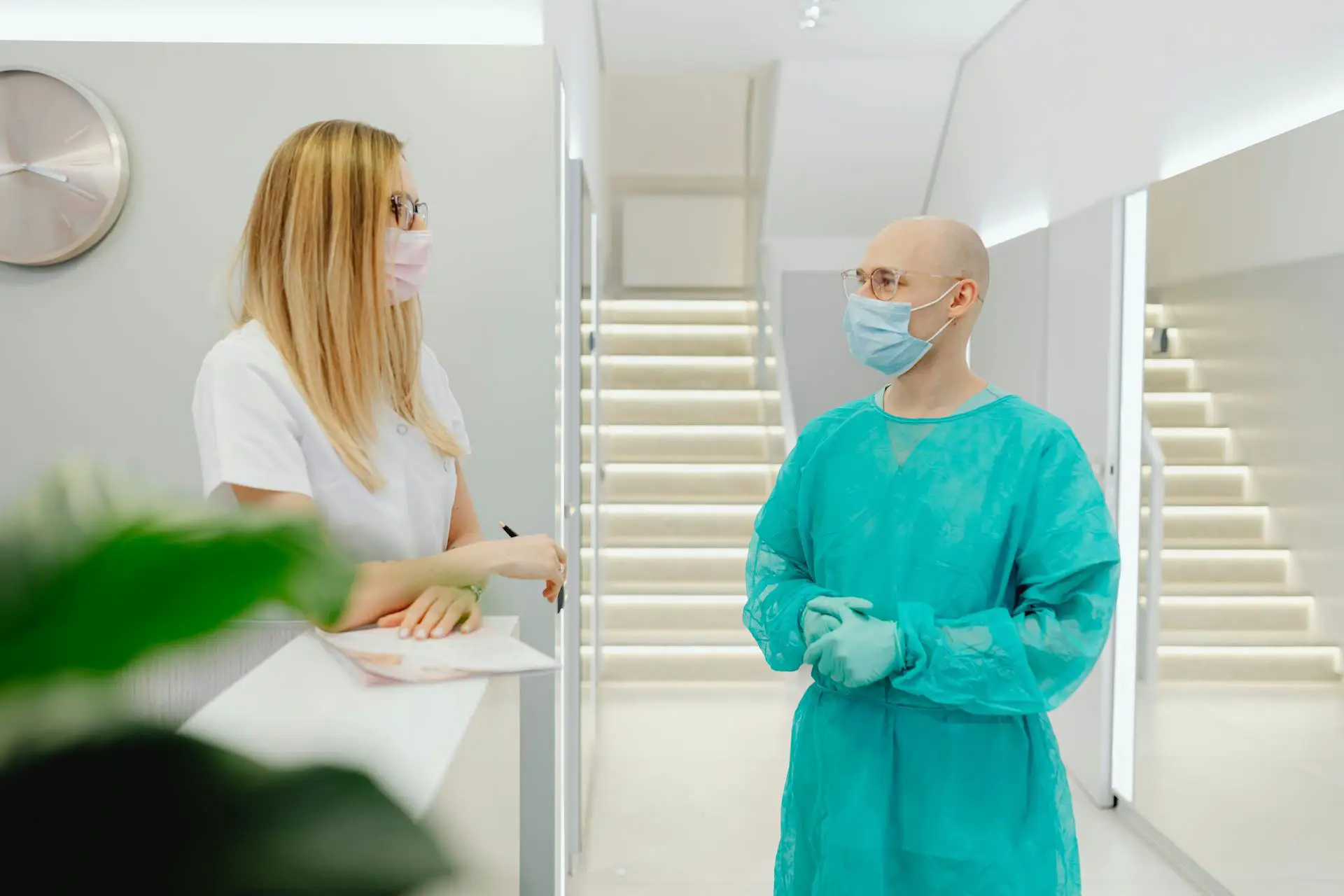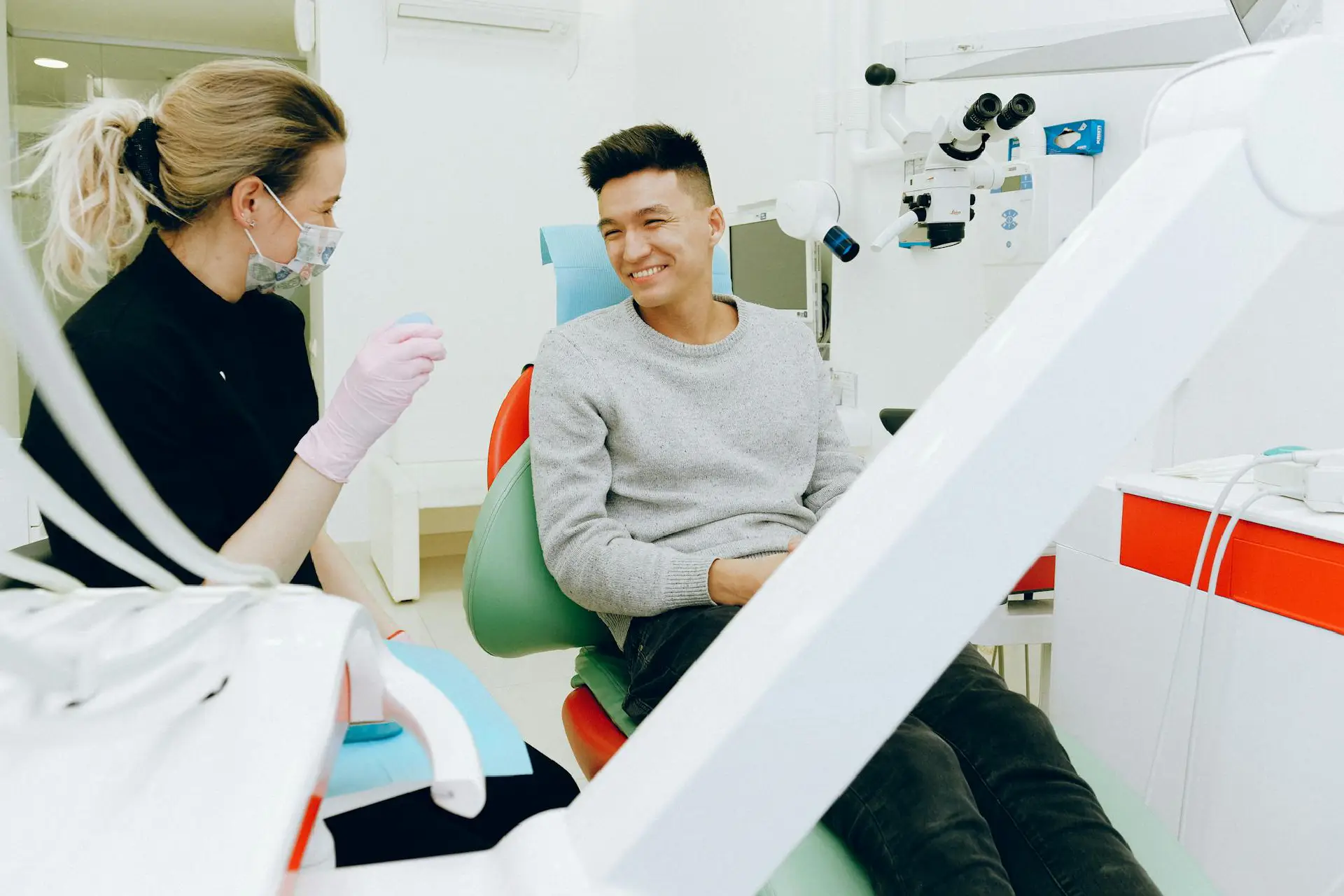22 March 2024

Executive Summary:
In the dynamic landscape of cosmetic surgery, market research stands as an indispensable tool for navigating the ever-evolving industry. This executive summary provides a succinct overview of the significance of market research, unveiling key findings and actionable insights crucial for stakeholders in the cosmetic surgery domain.
Market research serves as the compass guiding decision-makers through the complexities of consumer preferences, technological advancements, and competitive landscapes within the cosmetic surgery sector. By delving into consumer behaviour, industry trends, and emerging innovations, organisations can refine their strategies, enhance service offerings, and seize growth opportunities.
Key findings from our research underscore the growing demand for minimally invasive procedures, the increasing influence of digital marketing in patient acquisition, and the rising importance of personalised patient experiences. Additionally, insights reveal the transformative impact of technological innovations such as virtual simulations on enhancing patient engagement and satisfaction.
Armed with these insights, stakeholders can formulate informed strategies to adapt to market shifts, optimise resource allocation, and differentiate themselves in an increasingly competitive landscape. By leveraging data-driven decision-making, organisations can position themselves as industry leaders, define their messaging to deliver ROI and securing sustainable growth in the cosmetic surgery market.
Introduction:
The cosmetic surgery sector is undergoing profound transformations fuelled by shifting consumer preferences, technological advancements, and evolving regulatory landscapes. With the global cosmetic surgery market projected to reach unprecedented heights, it has become imperative for stakeholders to embrace data-driven decision-making to thrive in this competitive environment.
Rapid advancements in medical technology, coupled with changing societal norms regarding beauty standards, have propelled the cosmetic surgery industry into a new era of innovation and expansion. Moreover, the proliferation of social media platforms and digital marketing channels has revolutionised the way patients seek information and interact with cosmetic surgery providers.
Against this backdrop, the role of market research emerges as paramount in helping organisations navigate the complexities of the cosmetic surgery landscape. By harnessing the power of data analytics and consumer insights, businesses can gain a competitive edge, anticipate market trends, and tailor their offerings to meet evolving consumer demands.
The objectives of this whitepaper are twofold: firstly, to provide a comprehensive understanding of the current dynamics shaping the cosmetic surgery market, and secondly, to equip stakeholders with actionable insights to drive strategic decision-making. Through an in-depth analysis of market trends, consumer preferences, and technological innovations, this whitepaper aims to empower organisations to unlock growth opportunities and achieve sustainable success in the cosmetic surgery industry.
Industry Overview
The cosmetic surgery industry has undergone significant transformation in recent years, reflecting shifting consumer preferences, technological advancements, and evolving societal norms. With a global market size exceeding billions of dollars, the industry continues to experience steady growth rates, fuelled by increasing demand for aesthetic enhancement procedures.
Key players in the cosmetic surgery market range from established medical centres to boutique clinics, each offering a diverse range of surgical and non-surgical procedures. This competitive landscape underscores the industry’s dynamism and the importance of innovation in service offerings and marketing strategies.
Consumer behaviour trends within the cosmetic surgery market reflect a growing acceptance of aesthetic procedures across various demographic segments. Millennials and Generation Z, in particular, are driving demand, seeking personalised enhancements and preventative treatments to maintain a youthful appearance. Additionally, there’s a notable increase in male patients, challenging traditional gender norms associated with cosmetic procedures.
Demographic shifts, including an aging population and rising disposable incomes in emerging markets, further contribute to the industry’s growth trajectory. As individuals seek ways to enhance their appearance and boost self-confidence, the demand for cosmetic surgery services continues to expand globally.
In this evolving landscape, understanding market dynamics and consumer preferences is paramount for businesses operating within the cosmetic surgery sector. Data-driven insights play a crucial role in identifying emerging trends, refining service offerings, and implementing targeted marketing strategies to stay competitive in this dynamic industry.
The Value of Market Research in Cosmetic Surgery
Market research serves as a cornerstone for cosmetic surgery practices and businesses, providing invaluable insights that drive strategic decision-making and enhance overall operational efficiency.
By leveraging market research, practitioners can gain a comprehensive understanding of the evolving landscape, identify emerging trends, and anticipate patient preferences and concerns.
Market research enables cosmetic surgery practices to stay attuned to shifting consumer demographics and evolving societal norms, allowing them to tailor their services to meet the diverse needs of their target audience. Through comprehensive data analysis, practitioners can identify emerging trends in aesthetic procedures, such as the rising demand for minimally invasive treatments or the increasing popularity of combination therapies. This insight empowers businesses to adapt their service offerings accordingly, ensuring they remain relevant and competitive in the market.
Moreover, market research plays a pivotal role in understanding patient concerns and preferences, facilitating the development of patient-centred approaches to care delivery. By gathering feedback through surveys, focus groups, and patient interviews, cosmetic surgery practices can gain valuable insights into patient expectations, satisfaction levels, and areas for improvement. This information can inform the development of tailored treatment plans, personalised communication strategies, improved messaging and enhanced patient experiences, ultimately driving patient loyalty and practice growth.
The impact of market research extends beyond day-to-day operations to strategic planning and marketing efforts. By analysing market trends, competitor strategies, and consumer behaviour patterns, cosmetic surgery practices can formulate informed strategic plans that align with their long-term goals and objectives. Whether expanding into new markets, introducing new services, or optimising pricing strategies, market research provides the foundation for strategic decision-making, minimizing risks and maximising opportunities for success.
In the realm of marketing, market research serves as a catalyst for developing targeted and impactful campaigns that resonate with the target audience. By understanding consumer preferences, media consumption habits, and communication channels, cosmetic surgery practices can tailor their marketing messages to effectively reach and engage prospective patients. Whether through digital marketing initiatives, social media campaigns, or traditional advertising channels, market research ensures that marketing efforts are strategic, efficient, and results-driven.
In summary, market research is indispensable for cosmetic surgery practices and businesses, offering valuable insights that inform strategic decision-making, enhance patient experiences, and drive business growth. By leveraging market research effectively, practitioners can navigate the dynamic landscape of the cosmetic surgery industry with confidence, staying ahead of the curve and delivering exceptional value to patients.
Challenges and Opportunities
The cosmetic surgery industry, while dynamic and promising, faces a myriad of challenges that necessitate strategic navigation and innovative solutions. These challenges span regulatory concerns, ethical considerations, and competitive pressures, all of which require careful attention and proactive management.
Regulatory concerns present a significant challenge for cosmetic surgery practices, as stringent regulations and compliance requirements govern the delivery of aesthetic procedures. From licensing and accreditation standards to patient safety protocols, practitioners must navigate a complex regulatory landscape to ensure legal compliance and uphold industry standards. Moreover, regulatory changes and updates can introduce additional complexities, requiring ongoing monitoring and adaptation to remain compliant.
Ethical considerations also loom large in the cosmetic surgery industry, as practitioners grapple with the responsibility to prioritise patient well-being and informed decision-making. Issues such as patient autonomy, informed consent, and the promotion of realistic expectations underscore the ethical dilemmas inherent in aesthetic medicine. Practitioners must navigate these ethical complexities with integrity and transparency, prioritising patient safety and satisfaction above all else.
Competitive pressure further compounds the challenges facing the cosmetic surgery industry, as practices vie for market share and differentiation in an increasingly crowded marketplace. From established medical centres to boutique clinics and medical spas, competition is fierce, driving a constant quest for innovation and differentiation. Practices must continuously innovate their service offerings, enhance patient experiences, and differentiate their brand to stand out in a competitive landscape.
Amidst these challenges, market research emerges as a powerful tool for uncovering opportunities for growth and innovation within the cosmetic surgery industry. By conducting comprehensive market analysis, practitioners can identify underserved market segments, unmet patient needs, and emerging trends that present opportunities for expansion and differentiation. Whether tapping into new demographic segments, introducing innovative treatment modalities, or enhancing service delivery models, market research provides the insights needed to capitalise on untapped opportunities and drive sustainable growth.
Furthermore, market research enables practitioners to stay abreast of evolving consumer preferences, technological advancements, and industry best practices, positioning them to innovate proactively and stay ahead of the competition. By leveraging market insights to inform strategic decision-making, cosmetic surgery practices can navigate the challenges of the industry with agility and resilience, turning challenges into opportunities for growth and differentiation.
In summary, while the cosmetic surgery industry faces a host of challenges, market research holds the key to unlocking opportunities for growth and innovation. By addressing regulatory concerns, navigating ethical complexities, and differentiating in a competitive landscape, practitioners can leverage market insights to drive strategic decision-making and position themselves for long-term success in an ever-evolving industry.
Case Studies:
The Private Clinic is a renowned cosmetic surgery clinic with multiple locations across the UK. They have successfully utilised market research to tailor their service offerings to meet the specific needs and preferences of their patient base. By analysing patient feedback, industry trends, and competitor strategies, The Private Clinic continuously enhances its services and maintains a competitive edge in the market, while careful market analysis allows them to identify the best locations for expansion.
The Harley Academy Clinic in London specialises in cosmetic injectable treatments and training for medical professionals. Through extensive market research and patient feedback mechanisms, the clinic has been able to identify emerging trends in non-surgical aesthetic procedures and adapt its training programs and services accordingly. This data-driven approach has helped the Harley Academy Clinic stay at the forefront of the industry and attract a loyal patient following.
These examples provide insights into how UK-based industry leaders and cosmetic surgery clinics leverage market research and data-driven strategies to enhance patient care, improve outcomes, and drive business success.
Strategic Recommendations
Incorporating market research findings into your business model, marketing strategies, and patient engagement practices can significantly enhance the success and sustainability of your cosmetic surgery practice. Here are some practical recommendations:
Tailor Services to Meet Patient Needs: Use market research insights to identify emerging trends and patient preferences. Customise your service offerings to address specific concerns or desires expressed by your target demographic, whether it’s the demand for non-invasive procedures, personalized treatment plans, or advanced technology solutions.
Optimise Marketing Efforts: Leverage market research data to refine your marketing strategies and messaging. Identify the most effective channels for reaching your target audience, whether it’s through social media advertising, email campaigns, or targeted online content. Tailor your messaging to resonate with the unique motivations and aspirations of your patients, emphasizing the value and benefits of your services.
Enhance Patient Engagement: Use market research insights to improve the patient experience and foster long-term relationships. Gather feedback from patients through surveys, focus groups, and reviews to understand their satisfaction levels, preferences, and areas for improvement. Implement strategies to enhance communication, provide personalised care, and cultivate a supportive and welcoming environment for patients throughout their journey.
In conclusion, market research plays a transformative role in the cosmetic surgery industry, enabling practitioners to make informed decisions, drive innovation, and deliver exceptional value to patients. By leveraging market research insights, cosmetic surgery practices can stay ahead of evolving trends, differentiate their services, and build strong, lasting relationships with patients. Embracing data-driven decision-making empowers practitioners to navigate challenges, seize opportunities, and achieve sustainable growth in an increasingly competitive landscape.
We encourage cosmetic surgery practitioners and businesses to recognize the immense potential of market research in shaping the success of their practices. Take proactive steps to incorporate market research into your business strategy, marketing initiatives, and patient engagement practices to unlock new opportunities for growth and innovation.
For further information on how market research can benefit your cosmetic surgery practice or business, contact Data-Driven Insights today.
Related Articles

Beauty Reimagined: Leveraging Market Research for Success in the Cosmetic Surgery Industry

Case Study: Data-Driven Location Selection for a New Luxury Assisted Living Development

From Expectations to Satisfaction: The Key Factors That Drive Customer Loyalty in the Healthcare Sector
To Speak to an Expert About Our Services
